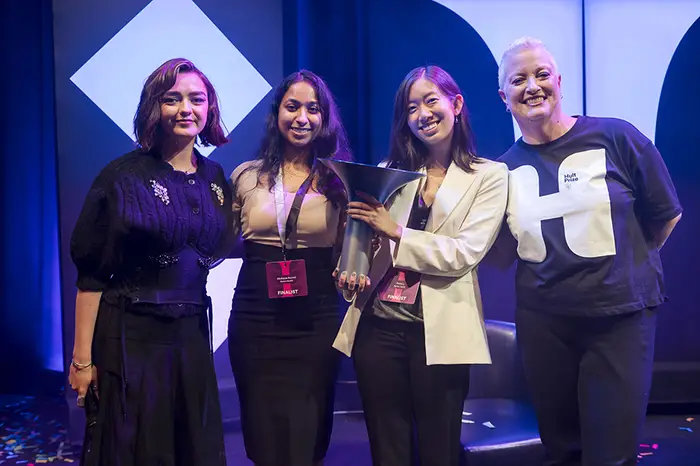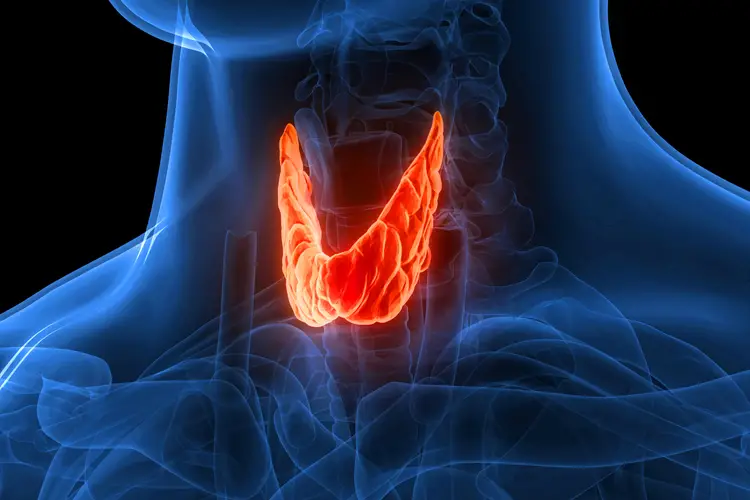Dual Pitt-CMU Graduate Student Wins $1M Hult Prize
Media Inquiries
Anna Li's company, Korion Health(opens in new window), was one of the six Hult Prize finalists at the Boston Summit. And while the company didn't win first place at the event, the journey didn't end there. Li's team continued to the second chance round and, this past August, went on to win the $1 million Hult Prize Global Competition(opens in new window), which featured 10,000 teams pitching their ideas to solve the biggest issues facing the world.
Li, a graduate student pursuing her M.D./Ph.D. in the Medical Scientist Training Program (MSTP)(opens in new window) at Carnegie Mellon University and the University of Pittsburgh, is also Korion Health's CEO. The Pittsburgh-based startup has created an electronic USB stethoscope and guided user interface that allows people to capture their own heart sounds from home.
Heart disease is the leading cause of death in the U.S., and people who live far from a hospital can have problems accessing care. Li said she had the idea for Korion Health in a medical school cardiology class.
"I kept seeing patients coming in for preventable issues, driving in from rural Pennsylvania for congestive heart failure exacerbations," Li said. "And the patients said that they probably should have come in earlier, but it was so hard to set up childcare and organize travel."
Li speculated that if students could learn how to use a stethoscope and listen to people's hearts, people at home could do so, too — if they had the proper tools. Most people can hold a stethoscope, after all. They just need to know where to place it.
Enter Korion Health. The company created a stethoscope that patients can easily use in their own homes. User interface technology on the patient's phone or computer uses augmented reality to locate the patient's body and guide the placement of the stethoscope to clinically relevant heart and lung listening positions. Once the stethoscope is in position, it uses an embedded microphone to capture a recording that can be sent to a physician for analysis.
Li said the joint program at CMU and Pitt has been critical to the development and growth of Korion Health.
"UPMC is a leading medical institution, and attending medical school at Pitt gave me the clinical foundation to apply the engineering skills I was learning at CMU," she said. "This has emerged both in terms of my own training, but also in the people we meet, as we've had several CMU interns assist with the computational side of our project. It's an underutilized joy to have Pitt and CMU in such close proximity, and I'm incredibly excited to see what the future brings as Pittsburgh continues to grow its health tech ecosystem."
The Hult Prize will allow Korion Health to get FDA clearance. But Li said that while the award is an honor, it is also a reflection of the support they have received from the Pittsburgh community since day one.
"We've raised almost $800,000 from the Pittsburgh community in addition to having countless people contribute their own time and resources to help us succeed, so this is truly something that's homegrown," she said. "I think without that foundation, we never would have been able to get the traction to make it to where we are today."



